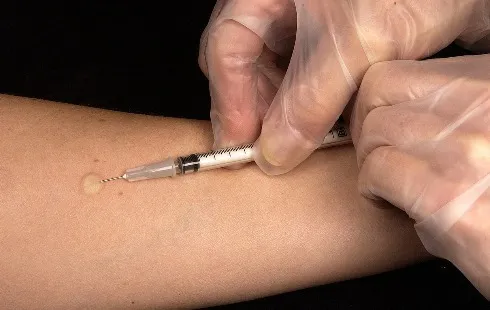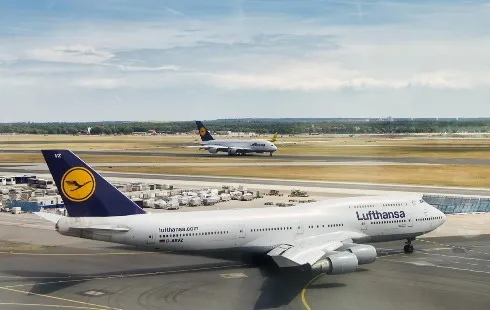
Poker Slang That Will Have You Talking Like a Pro
Section: Arts
In light of a recent measles outbreak in the United States, health officials are debating whether infants should receive an additional dose of the measles, mumps, and rubella (MMR) vaccine before their first birthday. Parents are increasingly concerned about the dangers posed by measles, particularly after reports of severe cases and fatalities among unvaccinated children.
Typically, the MMR vaccine is administered to children between 12 and 15 months of age, with a second dose given at 4 to 6 years. However, in some instances, health professionals are recommending a 'bonus dose' for infants as young as 6 months, especially in areas experiencing outbreaks or for children who will be traveling to regions with high measles incidence.
Recent discussions among parents in communities affected by the outbreak have led some to seek early vaccination for their children. Pediatricians have noted a rise in requests for early MMR doses, particularly following a tragic incident where an unvaccinated child succumbed to measles in West Texas. This has heightened awareness and prompted parents to inquire about the benefits and risks of additional vaccinations for their infants.
Health experts maintain that while the vaccine can be administered to babies younger than 12 months, it is generally more effective when given at the standard age. In outbreak situations, however, early vaccination may provide critical protection against the highly contagious virus. The Texas Department of Public Health has even suggested that infants in affected counties receive an early dose to mitigate the risk of infection.
Measles remains a significant public health concern, with the virus responsible for over 100,000 deaths worldwide annually and causing severe complications, including blindness and brain damage in children. The highly transmissible nature of the disease makes immunization essential, particularly in communities where vaccination rates are declining.
Health professionals emphasize that while early doses may be beneficial in certain circumstances, the standard recommendation remains to wait until children are at least 12 months old. This is because maternal antibodies, which provide some initial protection to infants, can interfere with the effectiveness of the vaccine if administered too early.
In areas where measles is common, the World Health Organization advises administering the first dose at 9 months, but in countries like the U.S., where the disease is rare, the recommendation is 12 to 15 months. Experts are closely monitoring the situation, as rising vaccine hesitancy could increase the risk of outbreaks.
Overall, healthcare providers urge that the best way to protect infants from measles is through widespread vaccination within the broader community. Achieving herd immunity will safeguard those who cannot be vaccinated, including young infants, by reducing overall transmission of the virus.

Section: Arts

Section: Arts

Section: Health

Section: Health

Section: News

Section: Arts

Section: News

Section: Travel

Section: News

Section: News

Health Insurance in Germany is compulsory and sometimes complicated, not to mention expensive. As an expat, you are required to navigate this landscape within weeks of arriving, so check our FAQ on PKV. For our guide on resources and access to agents who can give you a competitive quote, try our PKV Cost comparison tool.

Germany is famous for its medical expertise and extensive number of hospitals and clinics. See this comprehensive directory of hospitals and clinics across the country, complete with links to their websites, addresses, contact info, and specializations/services.

Experience the extraordinary talent of Evgeny Kissin, a pianist who seamlessly merges with the music, producing a sound that resonates with raw power. Renowned as a genius pianist and a virtuosic musician, Kissin embodies the captivating union of the artist with his instrument, showcasing the...
No comments yet. Be the first to comment!